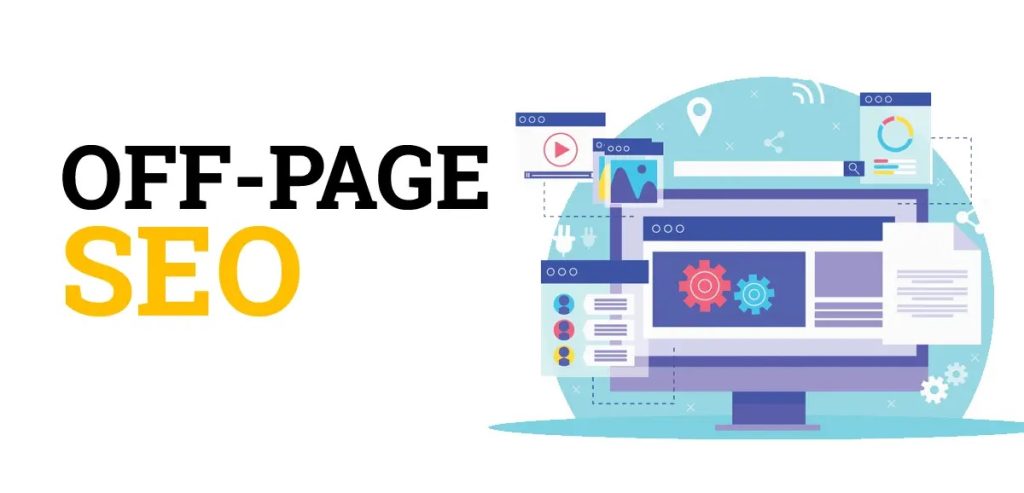What is SEO?
Search Engine Optimization (SEO) is the process of optimizing a website to improve its ranking in search engine results pages (SERPs) and increase its visibility and traffic. The ultimate goal of SEO is to attract more organic traffic to your site, which can result in increased leads, sales, and brand recognition.

Optimizations
SEO involves a combination of on-page and off-page optimization techniques that aim to make your website more attractive to search engines. On-page optimization refers to the changes you can make to your website content and structure, while off-page optimization refers to the actions you can take outside of your website to improve your search engine ranking.
On-page optimization

On-page optimization involves making changes to your website’s content and structure to make it more search engine friendly. This includes optimizing your page titles, meta descriptions, header tags, and keywords to help search engines understand the content of your site. Additionally, you can improve your website’s navigation and internal linking structure to make it easier for search engines and users to find what they are looking for.
Another important aspect of on-page optimization is creating high-quality, original content that provides value to your users. Search engines favor websites that publish fresh, relevant, and engaging content, as this signals to them that your site is active and up-to-date. Additionally, incorporating keywords into your content can help improve your search engine ranking for those terms.
Off-page optimization

Off-page optimization refers to the actions you can take outside of your website to improve your search engine ranking. This includes building backlinks to your site, which are links from other websites that point to your site. Search engines view backlinks as a sign of authority and credibility, and they use this information to rank your site higher in search engine results.
There are several ways to build backlinks to your site, including guest blogging, creating infographics, and participating in online communities related to your niche. Additionally, social media can also play a role in off-page optimization, as social signals, such as shares and likes, can indicate the popularity and relevance of your content.
Another important aspect of off-page optimization is local SEO. If your business has a physical location, it is important to optimize your website for local search. This involves claiming your Google My Business listing, creating local citations, and optimizing your website for local keywords. By doing this, you can increase your visibility in local search results and attract more customers to your business.
It is important to note that SEO is a long-term strategy, and results may not be immediate. However, by implementing best practices and regularly updating your site with fresh, relevant content, you can improve your search engine ranking over time.
Conclusion
In conclusion, Search Engine Optimization is a crucial component of any digital marketing strategy. By optimizing your website for search engines, you can increase your visibility and attract more organic traffic to your site, which can result in increased leads, sales, and brand recognition. By implementing both on-page and off-page optimization techniques, you can improve your search engine ranking and attract more customers to your business. Remember, SEO is a long-term strategy, and results may not be immediate, but with persistence and dedication, you can achieve the results you desire.
Table of Contents
Submitted by Uzair Ahmed


